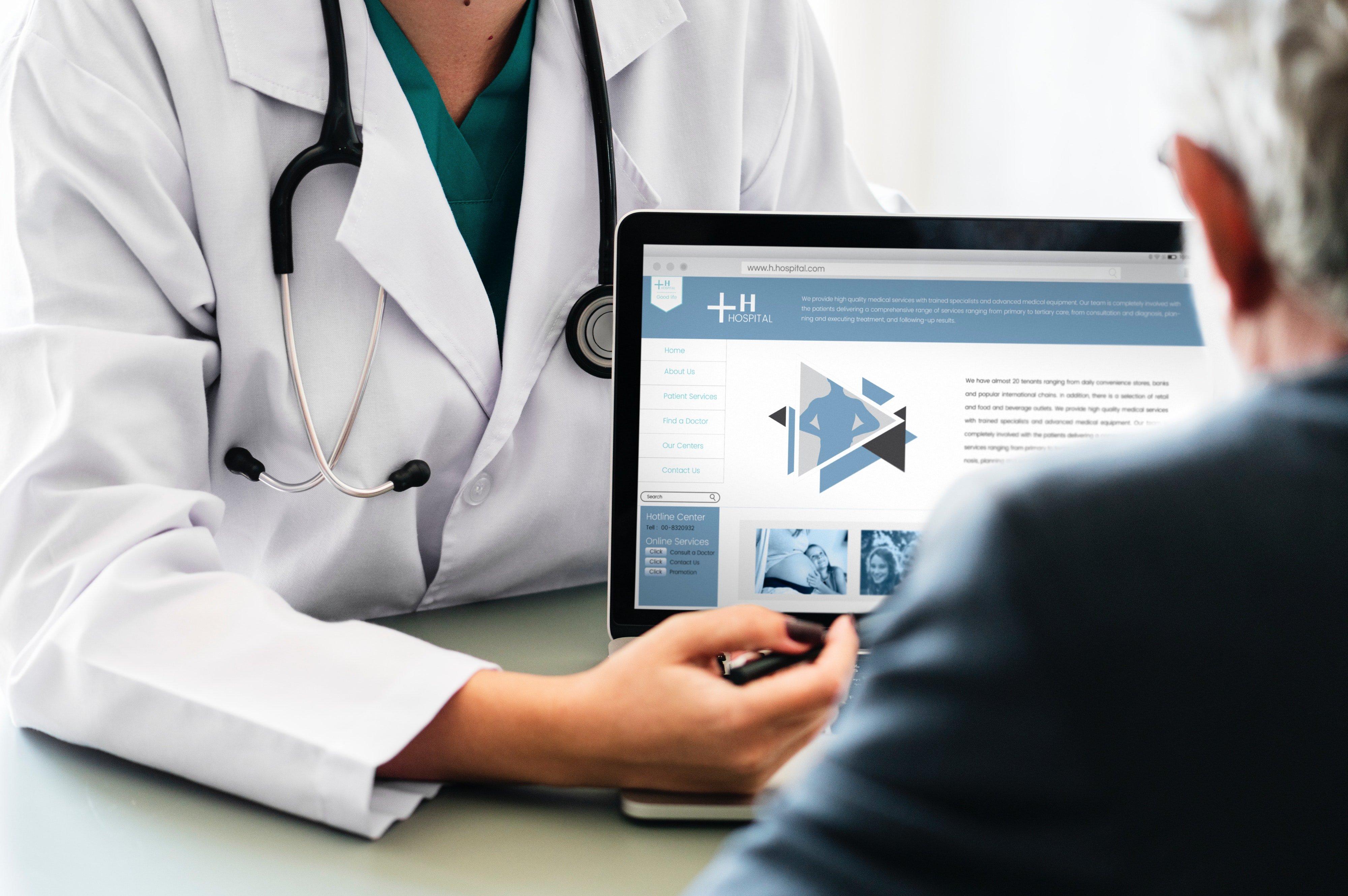If you drive commercially, the driver medical is a necessary part of gaining (and keeping) your licence.
But what exactly does the driver medical involve?
Well, let's begin with this in mind: contrary to belief, there really isn't that much to worry about.
Hopefully, that will soon become clear.
Where can I get a medical?
Many skip this question entirely and go straight to their GP. Unfortunately, as many drivers can testify, taking a medical at your GP's office can be a rather expensive affair. Some have been known to charge up to £180, and a lower estimate sits just above the £100 mark.
Due to the fast-paced nature of their work and the demands involved, many drivers will not take the time to shop around for lower prices.
For those willing to look around, however, the savings can be enormous.
What do I need to bring?
Of course, you can't just walk into an examination room without any form of identification or personal records. There are some things you need to bring so that the doctor can carry out a proper assessment. They include:
- Photographic ID (a driving licence is usually sufficient);
- D4 medical form;
- List of current medication (if applicable);
- Any spectacles you wear (if applicable);
- Opticians' prescription (if applicable);
- Letters regarding hospital appointments (if applicable).
Many providers will often send a questionnaire in the post after you've made the booking. In these instances, you ought to complete the questionnaire and bring it with you to the appointment.
What does the medical entail?
A driver medical typically comprises two parts. Firstly, the doctor will ask you questions about your lifestyle and medical history. They will then carry out a physical examination to assess your current state of health.
The interview
To get an idea of your fitness to drive commercially, the doctor will ask you about the following:
- Heart conditions (poor circulation, cardiac arrhythmia etc.)
- Mental health (depression, substance abuse etc.)
- Diabetes
- Neurological issues (seizures, blackouts etc.)
- General health (alcohol consumption, sleep disorders etc.)
Your D4 medical form will include the full list of what you may be asked during the interview.
Physical Exam
The doctor will carry out rudimentary checks to ascertain the general state of your health. These checks include:
- Height and weight
- Blood pressure
- Eyesight*
- Urine
*If your eyesight falls short of the minimum requirement, the doctor may refer you to your optician for further examination.
What happens after the medical?
Before you send away your D4, review it to make sure the doctor has completed all the necessary fields. If a section has not been filled in, the DVLA will reject your provisional application.
The driver medical is valid for 4 months. If you don't mail the completed D4 to the DVLA within that time, you'll have to undertake a second medical.
Okay, what now?
Whether you drive a taxi, HGV, bus, coach or race-car, your next step is to get yourself booked in with the most affordable provider you can find. Here's a good place to start:





